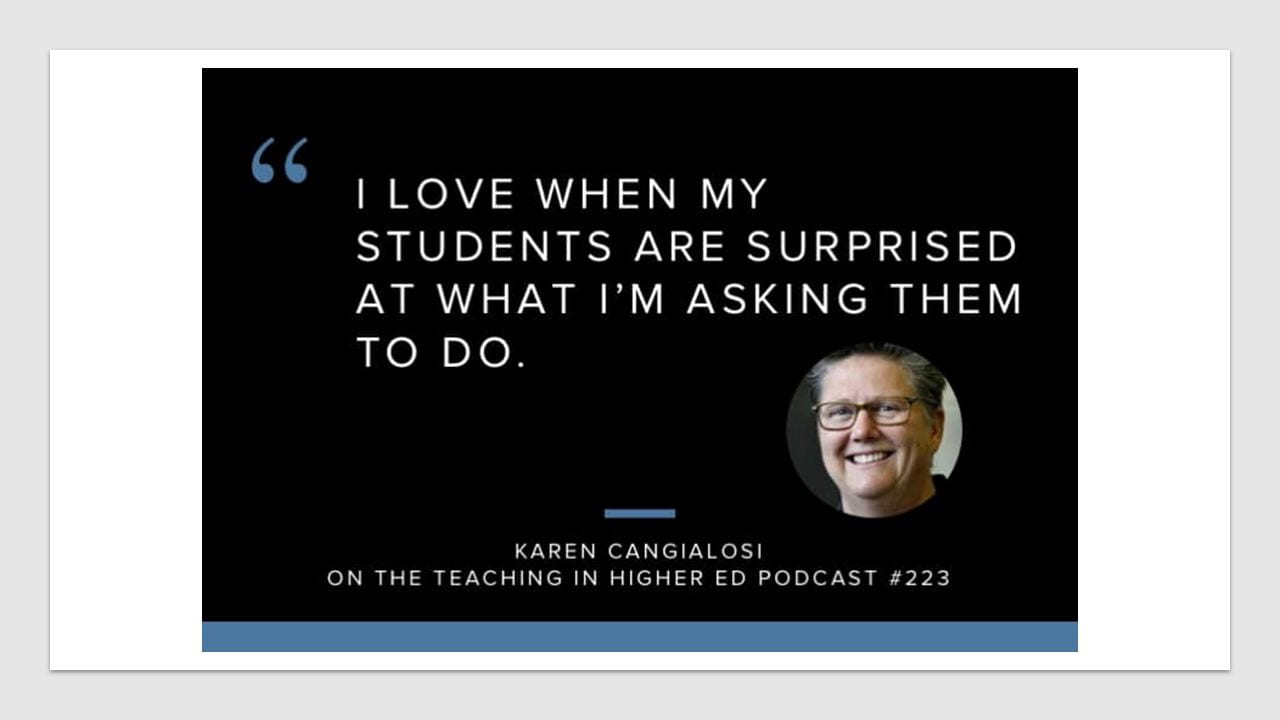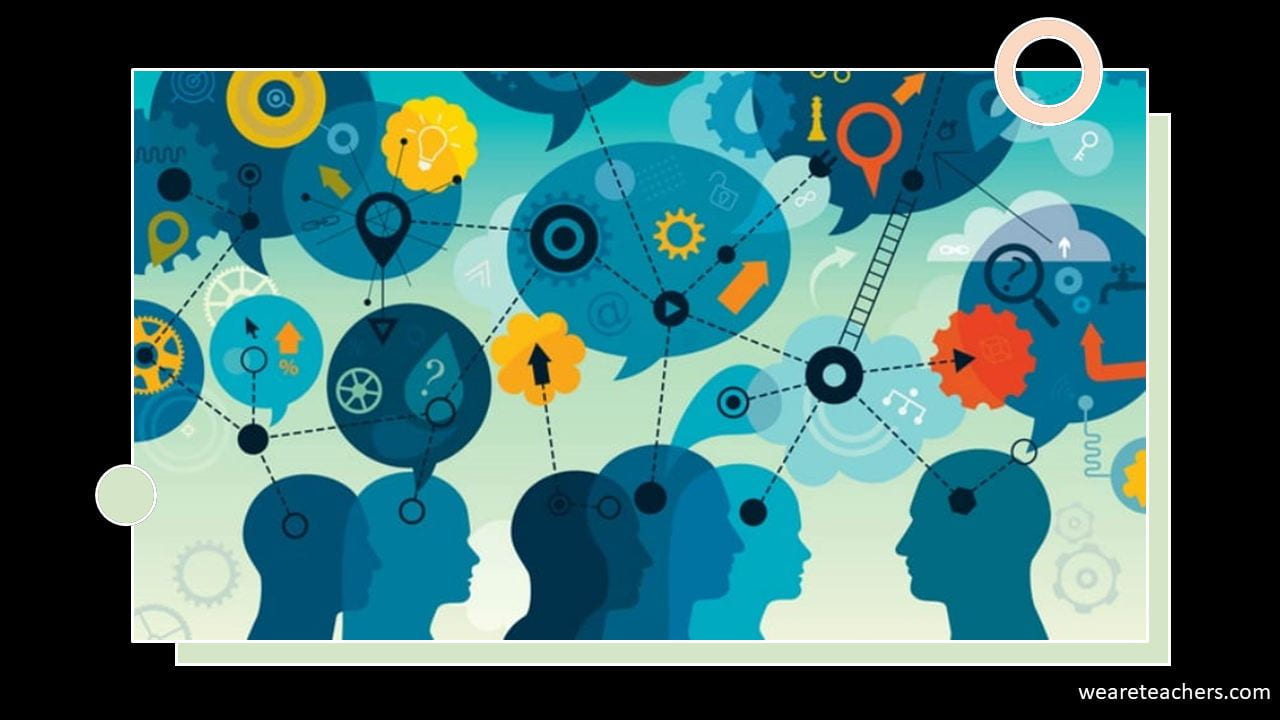
“We have such an opportunity to use our classrooms as experimental places where we can really affect change.”
Hello, faculty!
One topic that got more interest from our newsletter last semester was information on varying assessments. If you attended the Kahoot! session at the recent New Approaches to Teaching and Learning conference, you experienced the excitement of using Kahoot! This online interactive gaming assessment tool is available to you in your UMass Dartmouth courses. But this newsletter also explores incorporating student feedback in assessments, creative projects, and presentations. As you continue to create formative activities and summative assessments throughout the semester feel free to reach out to Instructional Development to talk with an instructional designer about incorporating new assessments into your course.
-The ID Team
CITS | Instructional Development
Overall, alternative assessments provide a more holistic and flexible approach to evaluating student learning, catering to the diverse needs and abilities of students while promoting deeper understanding, engagement, and growth. Alternative assessments are helpful to both students and teachers for several reasons:
✅Diverse Evaluation: Standardized tests rely heavily on memorization and regurgitation of information. Projects, portfolios, presentations, or performances offer students the opportunity to demonstrate their understanding and skills in varied ways, catering to different learning preferences and abilities.
✅Authentic Learning: Alternative assessments often mirror real-world tasks and scenarios, allowing students to apply their knowledge and skills in meaningful contexts to foster deeper understanding and engagement with the subject matter as students see the relevance of what they are learning.
✅Deeper Understanding: Engaging in alternative assessments requires critical thinking, problem-solving, and creativity. Students are then encouraged to delve deeper into the material which promotes a more profound understanding of the concepts rather than just memorization.
✅Feedback and Growth: Teachers can offer personalized, detailed feedback on student work, pinpointing areas of strength and areas needing improvement. This feedback loop supports student growth and development.
✅Differentiation: Teachers can differentiate instruction based on individual student needs and interests providing students the opportunity to choose from a variety of assessment options or tailor assessments to their own interests, which can increase motivation and engagement.
✅Reduced Anxiety: Traditional assessments, particularly high-stakes tests, can create a significant amount of stress and anxiety for students. Alternative assessments can help alleviate this anxiety by offering different ways for students to demonstrate their understanding, reducing the pressure associated with a single test or exam.
✅Long-term Retention: Because alternative assessments often require students to engage more deeply with the material and apply it in various contexts, they may promote long-term retention of knowledge and skills compared to more superficial forms of assessment.

🎧Listen to: But You Can’t Do That In A STEM Course, KCangialosi, Teaching in Higher Ed
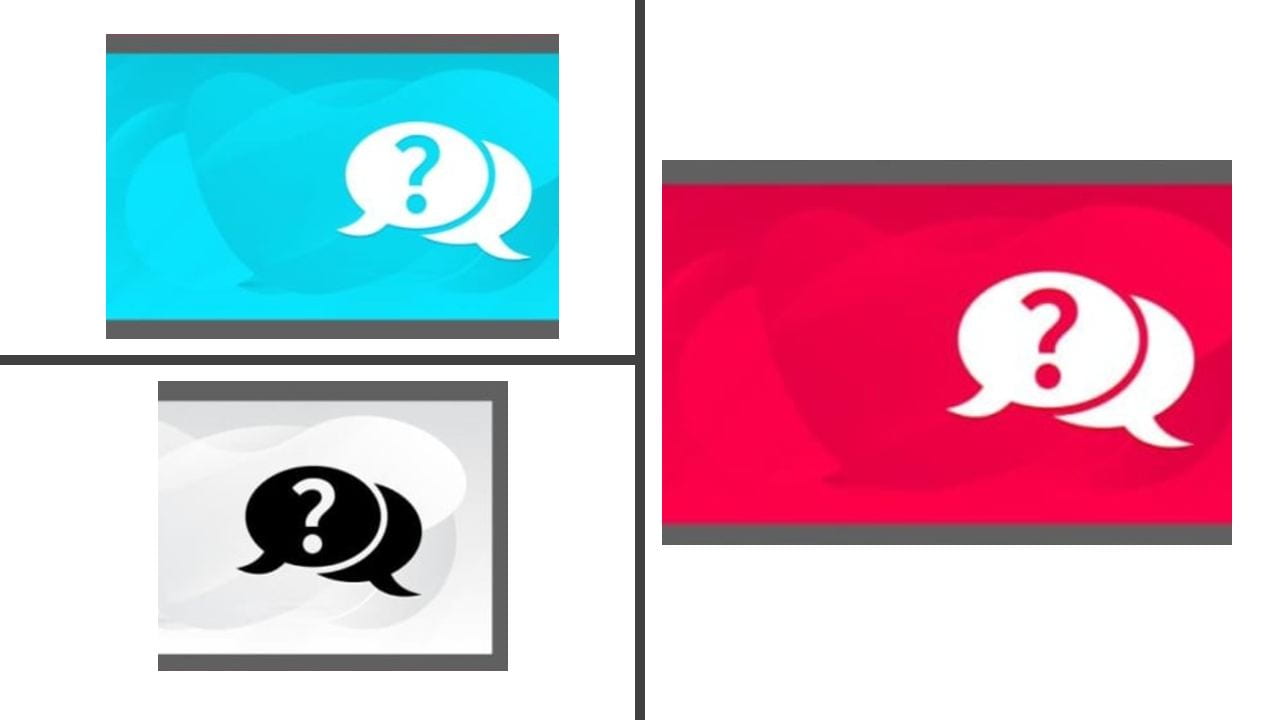 |
Using Online Quizzing Better |
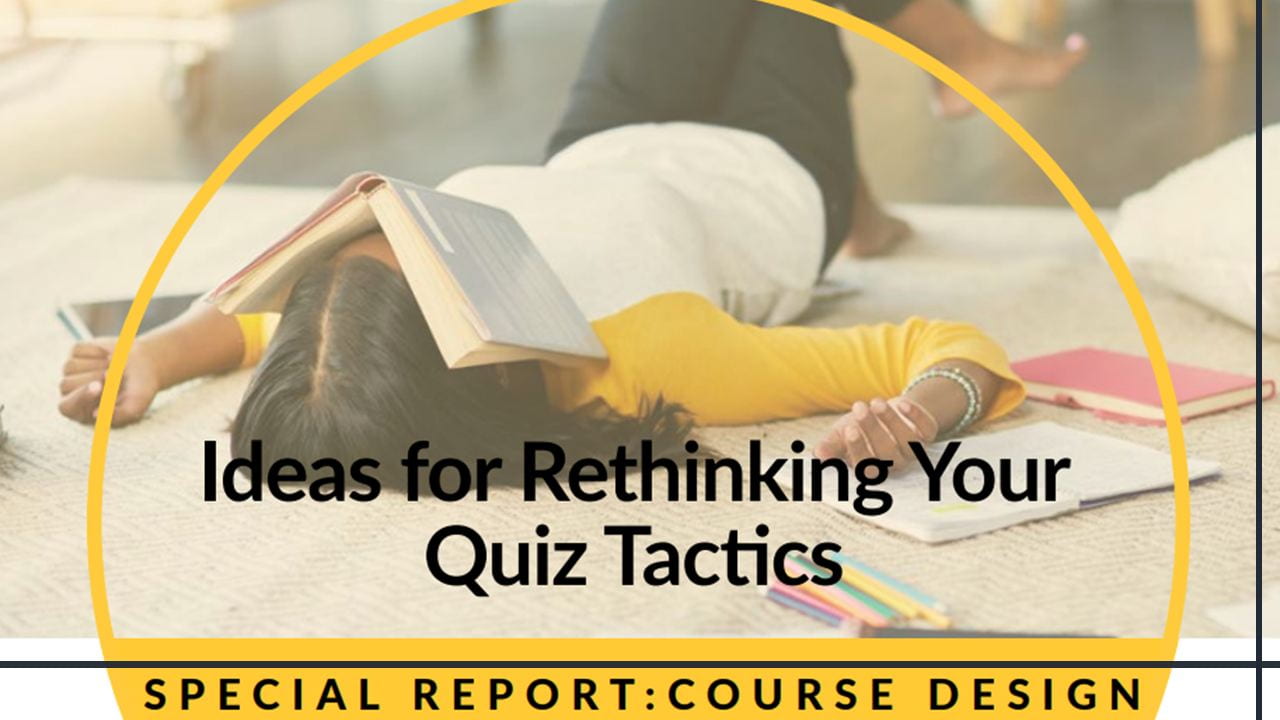 |
Ideas for Rethinking Your Quiz Tactics Special Report: Course Design–MAGNA Publications, Faculty Focus |
 |
Involving Students in the Assessment Process: Self Assessment–Teaching and Learning in Higher Education |
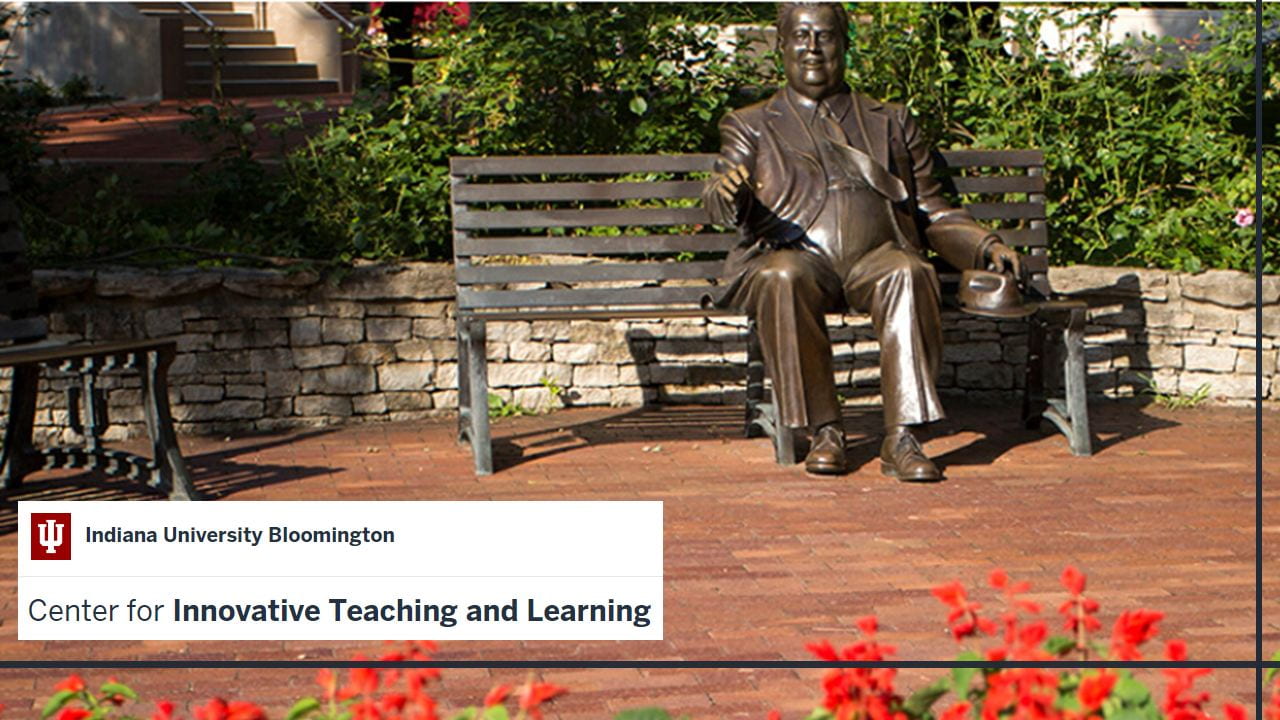 |
Alternative to Traditional Exams and Papers
–Center for Innovative Teaching and Learning, Indiana University
|
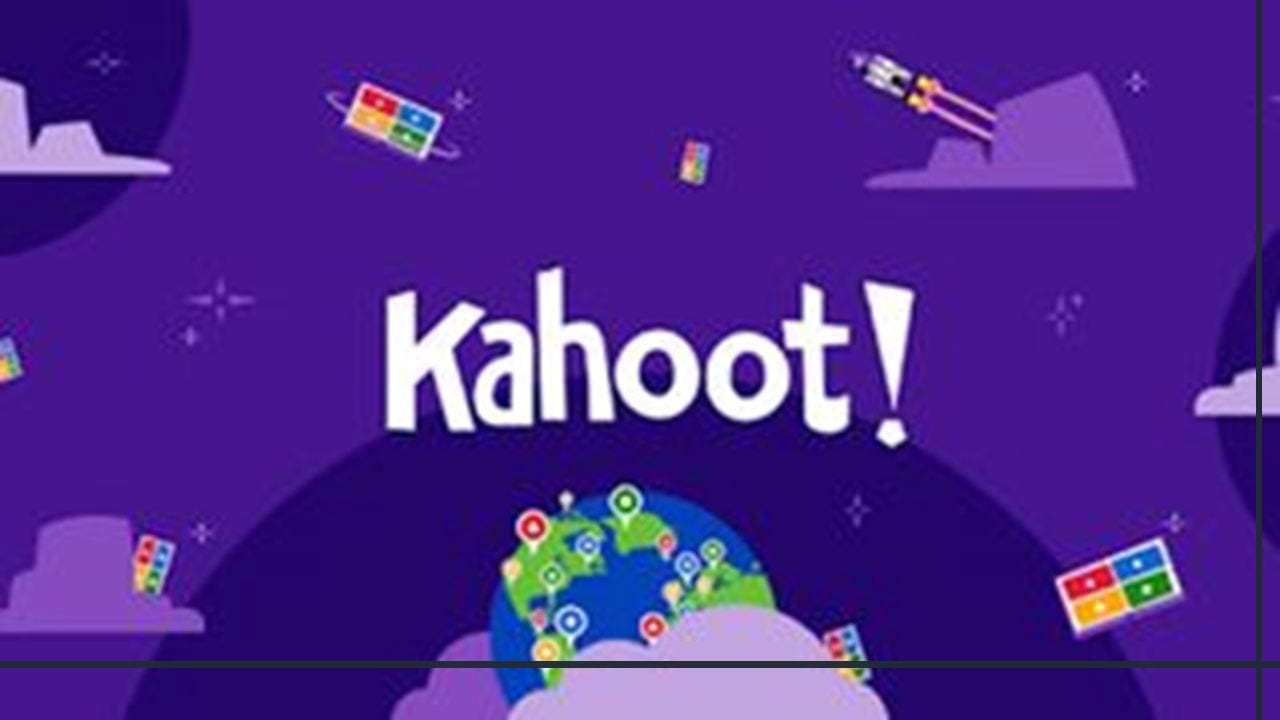 |
What is Kahoot! and How Does it Work for Teachers? Tips and Tricks |
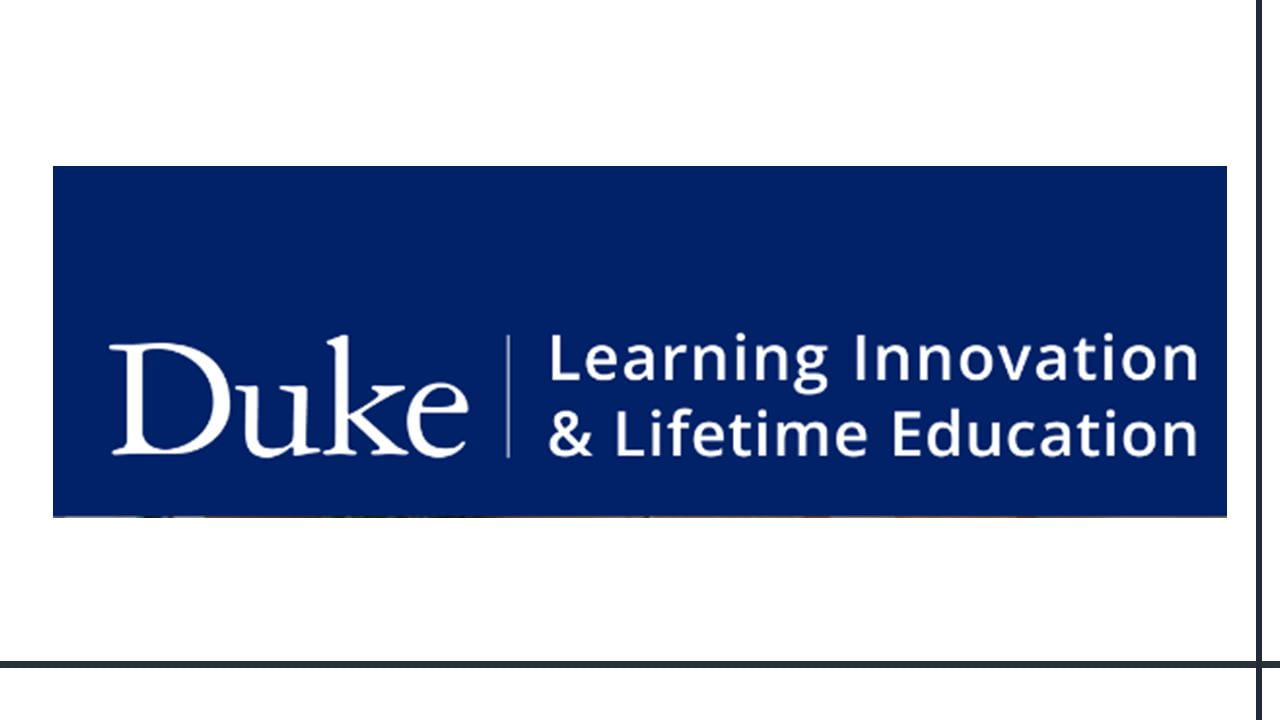 |
Kahoot! As Formative Assessment |
- Engage students with Kahoot!
- Online Engagement with VoiceThread – think student media-rich student projects.
- Build Websites in WordPress – think alternatives to papers that outlive the semester.
🌱Spring Cleaning🌱
- Clear your cache.
- Use only Mozilla Firefox or Google Chrome for myCourses.
- Group your myCourses course listing by term.
- Hide older myCourses sites from view.
Instructional Development works with faculty to…
- Explore, design, and experiment with different teaching and learning modes.
- Research and integrate technologies that can enhance teaching and learning.
- Design and develop online courses and programs.
- Write learning outcomes, design assessments, craft activities, and develop content.
- Utilize best practices for using instructional technologies.
Feel free to contact us online to book an appointment!

